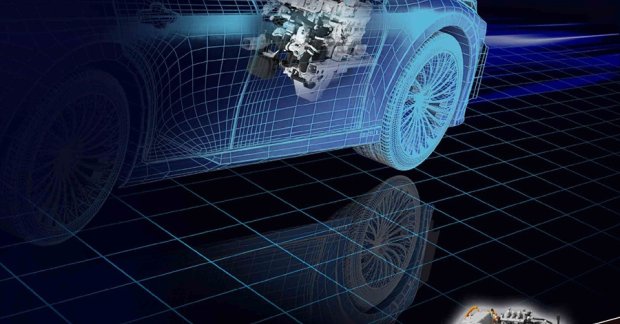Toyota Unveils Third-Generation Hydrogen Fuel Cell System for Commercial Sector
Key Ideas
- Toyota's third-generation fuel cell system offers enhanced durability, 20% longer range, and lower costs, making it competitive with diesel engines.
- The new system will be deployed in various sectors globally, including trucks, buses, passenger cars, rail applications, and stationary generators.
- Toyota's commitment to hydrogen expansion is evident through the development of fuel cell applications beyond passenger vehicles, with over 2,700 systems supplied worldwide.
- The compact design of the 3rd Gen FC System allows for easy integration across different sectors, supported by collaborations to accelerate the hydrogen-based economy.
Toyota Motor Corporation has introduced its third-generation fuel cell (FC) system, a significant advancement in hydrogen technology. Designed for the commercial sector, the new system offers enhanced durability, improved fuel efficiency, and lower costs, aligning with Toyota's commitment to a hydrogen-powered future. The 3rd Gen FC System matches the durability of diesel engines, providing a viable alternative for heavy-duty commercial vehicles. Key improvements include twice the durability, 20% longer range, and lower production costs. Toyota plans to deploy this system in trucks, buses, cars, rail applications, and generators in Japan, Europe, North America, and China from 2026. Since the launch of the Mirai FCEV in 2014, Toyota has expanded fuel cell applications to buses, rail transport, and power generators. The 3rd Gen FC System, influenced by real-world testing and feedback, features a compact design for seamless integration across sectors. Toyota collaborates with governments and industry partners to drive the transition towards a hydrogen-based economy. The system will be showcased at the H2 & FC EXPO in Tokyo, emphasizing Toyota's contribution to clean energy mobility.
Topics
Public Transit
Clean Energy
Commercial Vehicles
Industry Collaboration
Fuel Efficiency
Technology Advancement
Cost Reduction
Global Deployment
H2 & FC EXPO
Latest News
